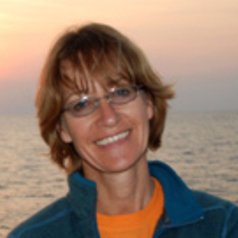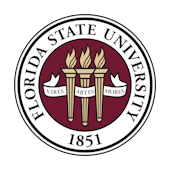Corals are important components of deep-sea hard-bottom habitats and like their shallow counterparts they are being impacted by various human activities. Deep sea research is logistically difficult and expensive, but through a combination of in situ observations, laboratory experiments, and environmental monitoring, we can begin to define the distribution 'envelope' for deep sea corals.
My primary research is on coral reefs from shallow waters to the deep sea. My focus is on understanding their distribution, abundance, and physiology, as well as how they are affected by anthropogenic impacts. In the course of this research, I have developed a technological approach to deep sea research, particularly on the deep-water branching coral, Lophelia pertusa, that enhances our understanding of deep coral reefs and other ecosystems.
After completing my undergraduate and M.Sc degrees in England, I spent a few years working in mosquito control in the Cayman Islands, where I learned to dive and discovered marine ecology. I then obtained an M.A in Marine Biology from the Virginia Institute of Marine Science, and a Ph. D (2002) from the Southampton Oceanography Center, UK, where my research examined reproductive ecology of a deep water coral Oculina varicosa.
I have since worked on deep-water coral ecosystems in the Aleutian Islands of Alaska, Norwegian Fjords, South Atlantic Bight and Gulf of Mexico, including the conduct of post-Deepwater Horizon oil spill damage assessment. I have also worked extensively on shallow coral reefs in the Caribbean and south Florida. My recent research has focused on the biology and ecology of deep corals and characterization of deep reef ecosystems, particularly to identify sensitive hard bottom habitats such as coral reefs that are ecologically valuable.
Experience
-
–presentAssociate Research Faculty, Coastal and Marine Laboratory, Florida State University
- St. Teresa, Florida, U.S.
- Website
- Article Feed
- Joined


